Dave is a financial technology company that offers a personal finance mobile application to its users. One of Dave’s primary offerings is short term cash advances it calls “ExtraCash.” A complaint against Dave filed by the Federal Trade Commission (“FTC”) and the United States Justice Department says that Dave aggressively advertised its cash advance service with ads “urging consumers to ‘get up to $500’ with Dave ‘instantly’ simply by downloading the app.”
The FTC and Justice Department allege that Dave failed to mention in its cash advance advertisements that it takes consumers’ bank account information and charges them for an automatically renewing monthly subscription and other fees. Dave also allegedly fails to disclose how much Dave users would be receiving, how much they would be paying, and what those payments would be used for. Specifically, the Complaint alleges that even after signing up and paying a $1/month subscription fee, Dave users were not guaranteed a cash advance. Furthermore, Dave users that did receive a cash advance were required to pay an “Express Fee” of several dollars if they wanted to receive the cash advance instantly as advertised. The FTC also alleges that Dave took an additional charge─by default, 15% of the advance─that Dave referred to as a “tip.” To make matters worse, Dave allegedly designed the default tip option in a way that most consumers were either unaware that Dave charged them a “tip” or unaware that there was any way to avoid paying a “tip.” Finally, Dave is alleged to have falsely suggested that, based on how much a consumer “tipped,” Dave would donate enough to charity to provide a specified number of meals to feed hungry children, when in reality Dave would only make a token charitable donation while keeping the bulk of the “tips” for itself.
The FTC and Justice Department allege that Dave’s conduct was deceptive and unfair, and in violation of the FTC Act and Restore Online Shopper’s Confidence Act (“ROSCA”). We allege that because Dave’s cash advances essentially functioned as short-term loans, Dave’s conduct further violated federal and state consumer finance laws like the Truth in Lending Act (“TILA”), Electronic Fund Transfer Act (“EFTA”), as well as state usury and false advertising laws.
We are representing clients in individual consumer arbitration claims against Dave that signed up for Dave accounts and applied for and/or received cash advances from Dave. If you have a Dave account and applied for and/or received a cash advance from Dave, you may qualify for a claim under federal and state laws of $1,000 or more, depending on your state of residence.


